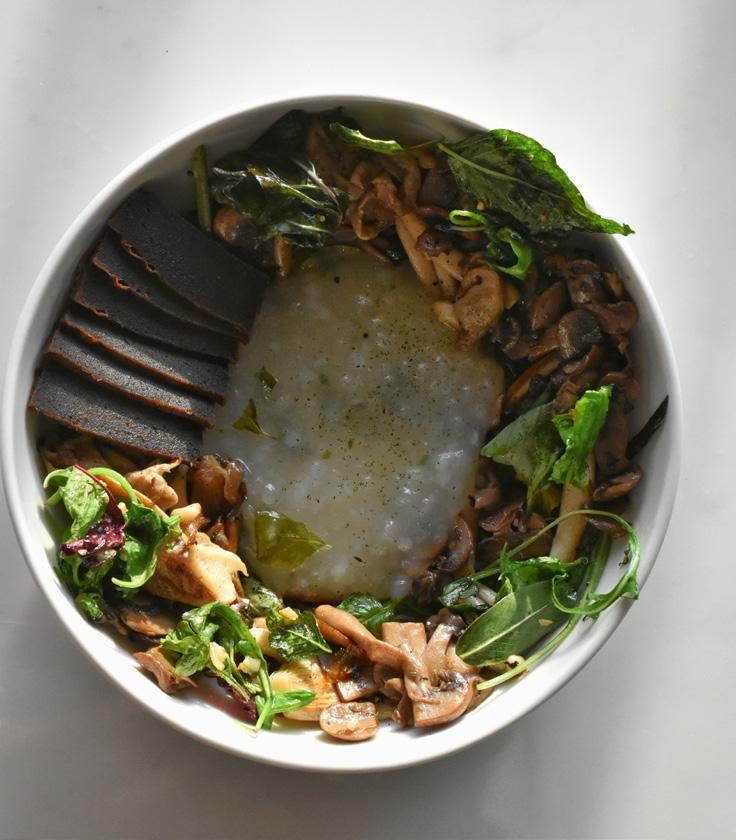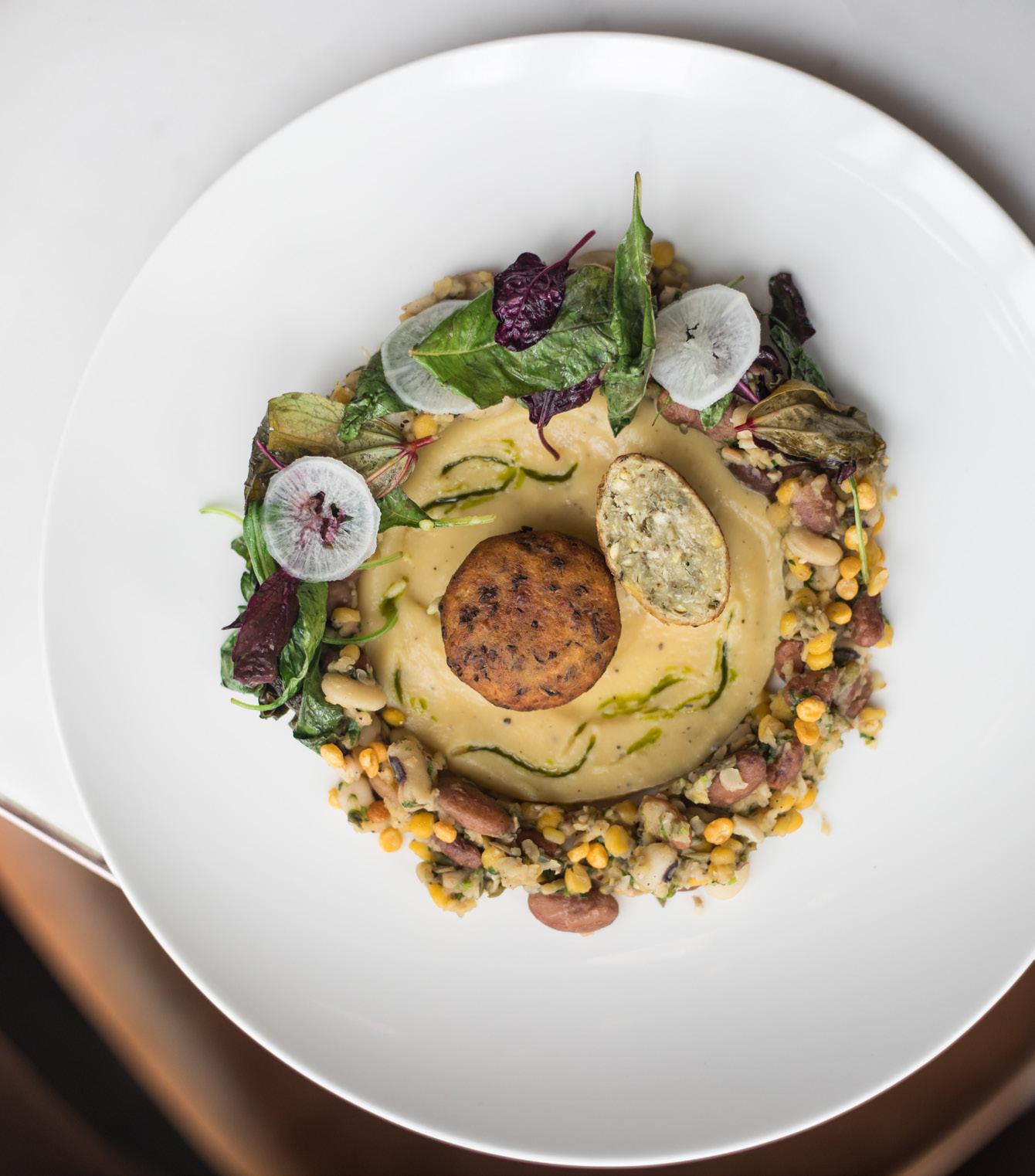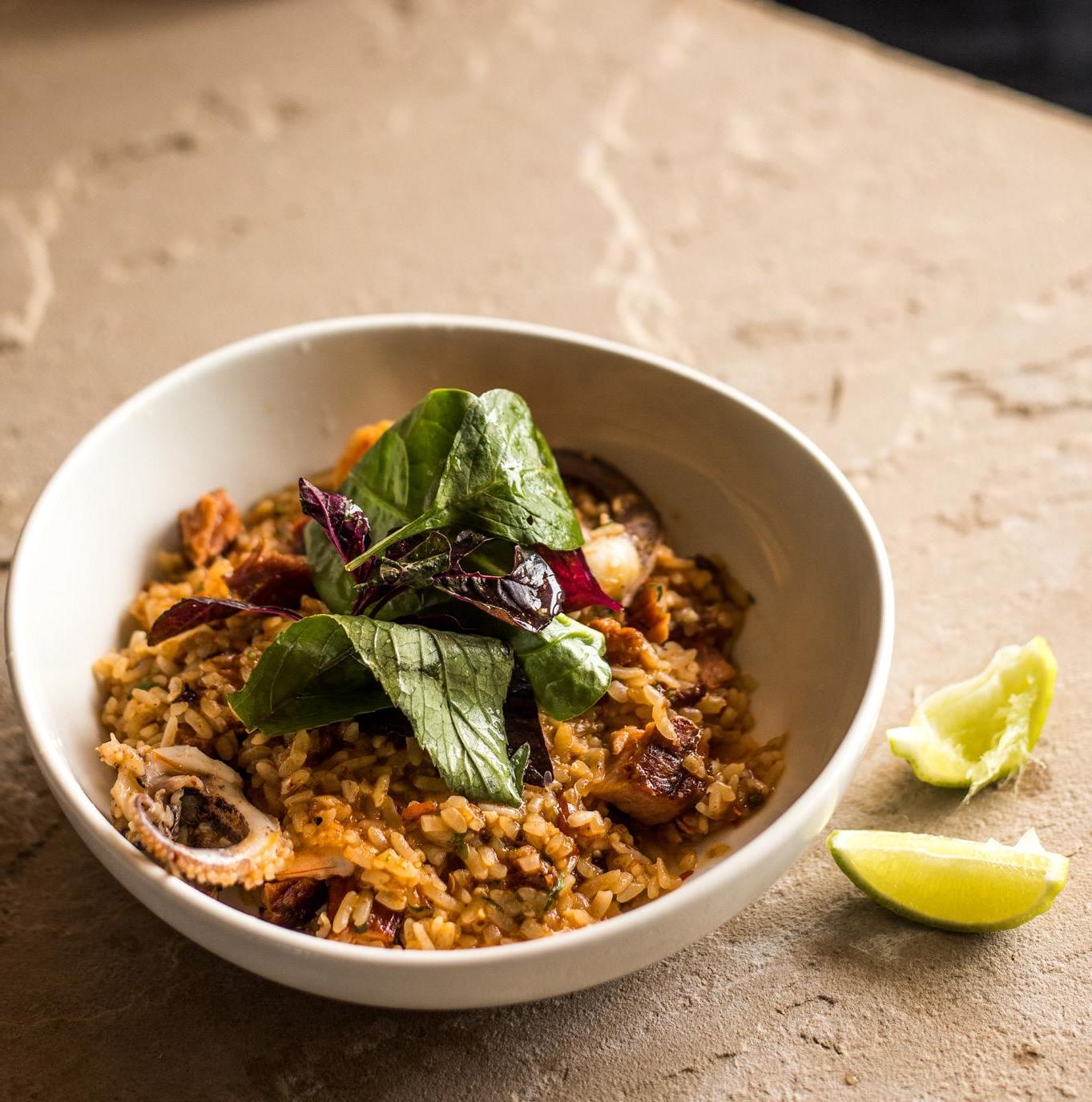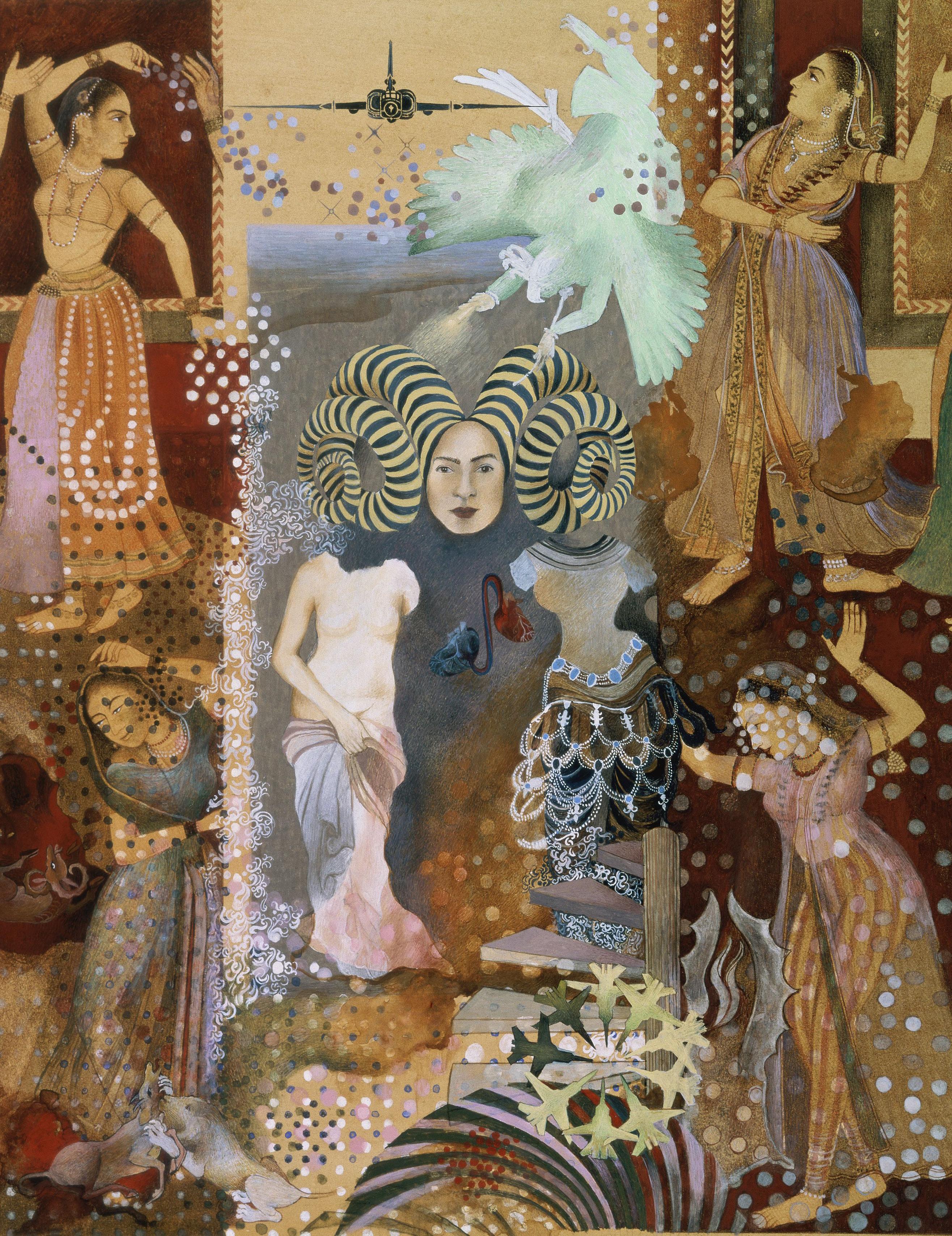
4 minute read
Reviving a Culinary Heritage
from SEEMA Magazine
by SEEMA
CHEF VANSHIKA BHATIA MAY BE FAMOUS FOR HER INTERNATIONAL FARE, BUT SHE IS ALSO BREATHING NEW LIFE INTO THE ENDANGERED BANWALI CUISINE
ANUBHUTI KRISHNA
About eight years ago, when Chef Vanshika Bhatia’s parents asked her which business school she wanted to go to, they were in for a surprise. Neither did their child want to pursue a management degree, nor did she want to join family business. She wanted to go to a culinary school.
Bhatia, who was born in Kanpur, educated in London, and trained in Copenhagen, Dubai and Bangkok, is now a famous chef, baker and entrepreneur. Yes, Bhatia’s is a name to reckon with in the culinary circuits across the globe. But her passion to preserve her native cuisine, Banwali, to promote Indian food globally (using native Indian ingredients and not buckling to trends), make her one of a kind.
“I come from a large business family, so it was assumed that I will go to a business school. I, however, had other plans,” says Bhatia, who also tells us how she used to bake all night during school exams to de-stress.
“I could never sit in a class or do well academically but doing new things interested me,” she says. So when her parents agreed to her going to culinary school, she wisely decided to avoid a long-term culinary program.
“I joined Le Cordon Blue, London for a short nine-month course, a crash course in everything about restaurants and kitchens,” Bhatia says. The course – and her hunger to learn – took Bhatia to Noma, Copenhagen, right after she passed
out, a feat few are able to achieve. From there she went to work at Junoon in Dubai, Gaggan in Bangkok, and Olive in Delhi.
It was at these kitchens that Bhatia, who had learned French cuisine at Le Cordon Bleu and cooked world cuisine at Noma, learned about the nuances of Indian cuisine.
Watching chefs she considers masters of the craft work with Indian food sparked her interest in it. Soon after she took a break from a full-time job and traveled throughout India to understand the nuances of the different cuisines, ingredients, and the variety of pressures that influenced local food. Her new learning found expression in a sprawling wood- and copper-accented restaurant in
India, Together At 12th. “The biggest power of food is to bring people together. I wanted that to reflect in my place,” Bhatia says. The restaurant’s cuisine relied on Indian ingredients cooked using
French techniques and a very strong sense of culinary ethics. Her experiences across the globe had taught Bhatia the importance of using local, seasonal, regional produce. Soon she was liaising with urban farmers, reducing kitchen waste and turning excess into preserves. “I want to make bread with the distillery discard of grains,” she says, as she showcases ravioli she has stuffed with discarded fruit skin and dip made of hemp seeds.
“It is important for chefs to be more responsible in our kitchens,” Bhatia says. “I may not be able to force other chefs to do that, but I

can control my practices and hope to make a difference.”
To ensure her guests eat freshly
grown, clean and mostly organic food Bhatia has spend more and rely on a smaller sliver of profit. She does not seem to mind.
“I am satisfied that I feed my guests good food and they keep coming back for more,” she says. What Bhatia is not satisfied about is that native cuisine is losing to globalization.
“We should not let our history die,” she says. “The West celebrates its heritage and so should India.” So while Bhatia is an active part of many international chef forums and is constantly collaborating with international chefs, she also falls back on her own heritage.
“My family came to India during Partition from a town in Pakistan called Bannu,” Bhatia says. “A distinct close-knit community, the Bannuwals, once had their own language, culture and food, but all of that is slowly being lost. While the language is already gone – neither my parents nor I speak it – I want to save the cuisine from vanishing, and I am trying to do that by learning about it from family elders and documenting it.”
Does that mean Banwali cuisine will find its way to her menu?
“My menu is freestyle, so that we can add or remove anything. So you never know,” she says. For now she is mastering the Banwali recipes, sharing them selflessly and enjoying them at home.
Bhatia is sanguine about her future. “I want my restaurant to be self-sustaining with its own farm and dairy,” she says. “I also want to start smaller brands simultaneously which are all made with clean, organic and local produce. And at 40 I want to retire from active service. I will be tired by then.”












